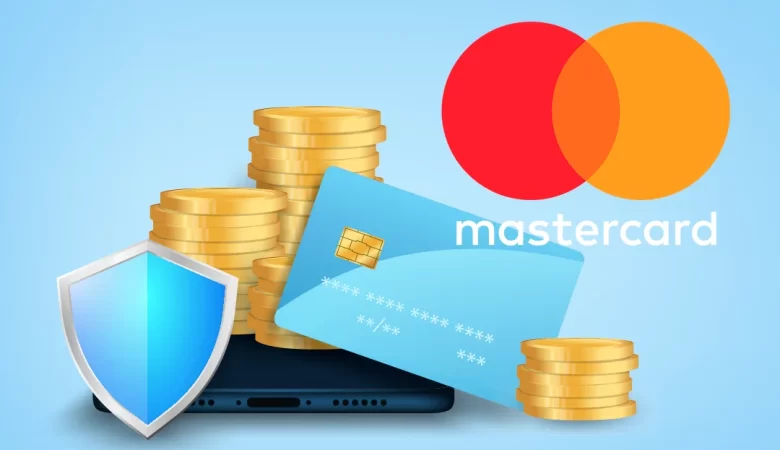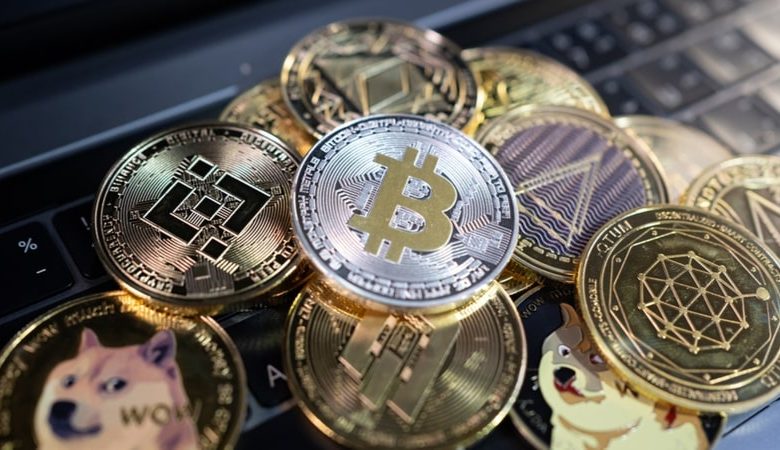What is an investment coin?
The term “investment coin” usually describes a coin that is bought for financial gain rather than for its inherent or numismatic worth. Typically, investors purchase investment coins with the hope that they would increase in value over time. These coins are frequently composed of precious metals like gold or silver. The value of these coins is mostly based on the current market price of the metal that they are composed of, and they are normally sold on the bullion or precious metals market.
Here are some common types of investment coins:
- Gold Coins: These are usually issued with a set quantity of gold by government mints. The Canadian Gold Maple Leaf, the South African Krugerrand, and the American Gold Eagle are a few examples.
- Silver Coins: Like gold coins, these are frequently produced by government mints and have a set quantity of silver in them. The Canadian Silver Maple Leaf and the American Silver Eagle are two examples.
- Platinum and Palladium Coins: There are investment coins made of platinum and palladium, such as the American Platinum Eagle, albeit they are less prevalent than coins made of gold and silver.
- Bullion Coins: Usually, these are the coins that are made mainly as investments. They are renowned for their weight and metal content, and they feature a straightforward design.

What is the most profitable cryptocurrency?
The value of cryptocurrency markets is prone to large changes and is extremely volatile. The cryptocurrency that is now the most profitable may soon change owing to a number of reasons, such as adoption, market sentiment, technological advancements, and governmental changes. Furthermore, the definition of “profitable” might change based on your goals—long-term investment or quick returns.
- Bitcoin (BTC): The first and most well-known cryptocurrency is called Bitcoin. It is frequently seen as a store of value and has seen considerable price rises over time.
- Cardano (ADA): The blockchain platform Cardano is renowned for emphasizing security, scalability, and sustainability. Because of its potential, it has attracted attention.
- Solana (SOL): High-performance blockchain Solana is renowned for its quickness and inexpensive transaction fees. Thanks to its DeFi and NFT environment, it became more well-known.
- Polkadot (DOT): The goal of Polkadot is to make it easier for multiple blockchains to communicate with one another. Its function in tying together various blockchain initiatives has drawn notice.
- Ripple (XRP): Ripple has relationships with financial institutions and is well-known for its emphasis on easing cross-border payments. Regulators have, however, filed legal challenges against it.
- Chainlink (LINK): Decentralized oracles, made possible by Chainlink, let smart contracts communicate with actual data. It is regarded as being a crucial component of the DeFi ecosystem.
It’s critical to remember that investments in the cryptocurrency market carry a high degree of risk and are quite speculative. There is no assurance of profit, and prices might fluctuate greatly. Prior to making any cryptocurrency investments, you should think about your risk tolerance, perform in-depth research, and, if needed, seek advice from financial specialists.

investment coins advantages:
Generally composed of precious metals like gold and silver, investment coins provide investors with a number of benefits. They are a well-liked option for asset preservation and investment portfolio diversification because of these benefits. The following are a few of the main benefits of investing in coins:
- Intrinsic Value: Because investment coins are composed of precious metals like gold or silver, they have inherent worth. Because these metals have been valued as stores of value for ages, their inherent worth offers a certain degree of security.
- Hedge Against Inflation: A traditional method of protecting against inflation has been to invest in precious metals. Precious metals frequently see a gain in value when the value of fiat currencies declines as a result of inflation, protecting buying power.
- Liquidity: Coins for investments are often simple to buy and sell. They are very liquid since they are well-known and traded on international marketplaces. When needed, they may be easily converted into cash or other assets.
- Portability: Coins for investments are a handy option because they are small, lightweight, and simple to keep. You have more freedom in managing your financial portfolio because to its mobility.
- Tangible Asset: Coins for investments are real, physical goods that you can handle. In difficult economic times, this might give you a sense of security and control over your finances.
- Diversification: Investing coins might aid in risk diversification in a portfolio. Due to their frequently poor correlation with conventional financial assets such as equities and bonds, precious metals may outperform other investments in times of market uncertainty.
- Historical Performance: Over time, precious metals, particularly gold, have a track record of holding or rising in value. Even while previous performance can not guarantee future outcomes, investors may find this track record appealing.
- Privacy: A certain amount of anonymity may be obtained from owning investment coins because most transactions don’t need the disclosure of personal information. Investors who are concerned about their financial privacy may find this intriguing.


It’s crucial to remember that although investment coins have these benefits, there are certain things to keep in mind, such as possible storage and security needs, transaction fees, and market volatility. It’s essential to do extensive study, think about your financial goals and risk tolerance, and, if needed, consult financial specialists before investing in investment coins.





